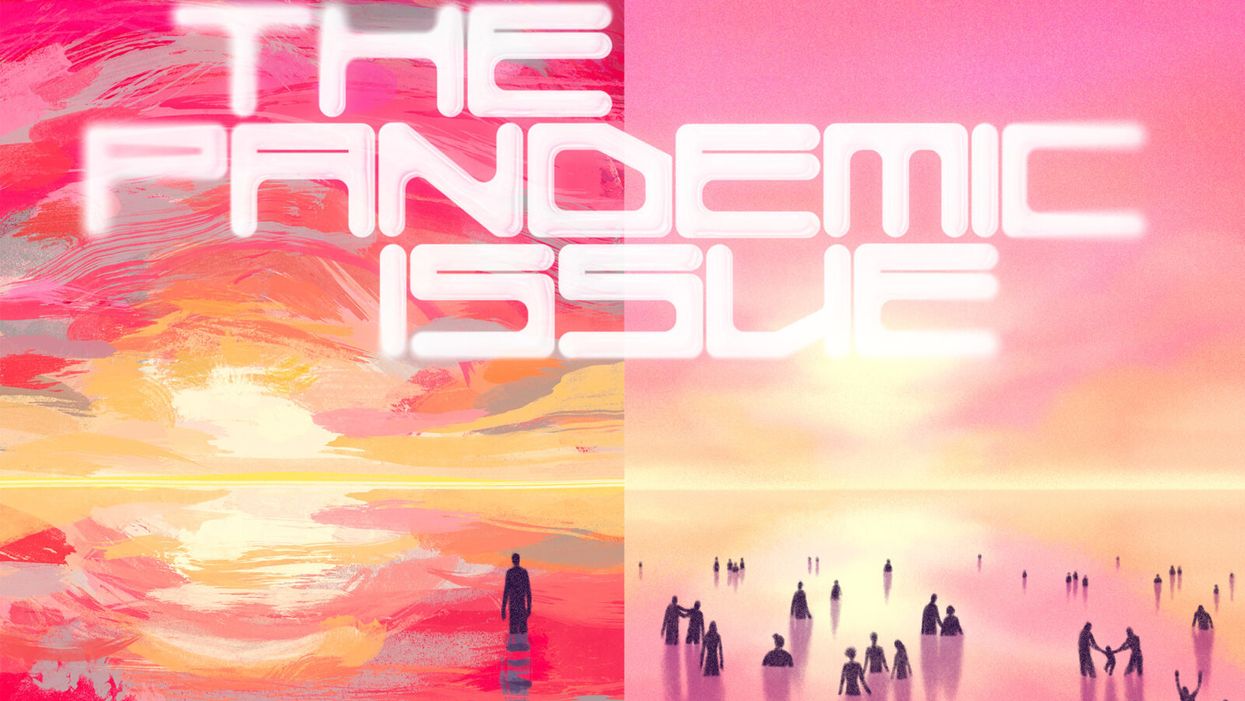Don’t fear AI, fear power-hungry humans

Story by Big Think
We live in strange times, when the technology we depend on the most is also that which we fear the most. We celebrate cutting-edge achievements even as we recoil in fear at how they could be used to hurt us. From genetic engineering and AI to nuclear technology and nanobots, the list of awe-inspiring, fast-developing technologies is long.
However, this fear of the machine is not as new as it may seem. Technology has a longstanding alliance with power and the state. The dark side of human history can be told as a series of wars whose victors are often those with the most advanced technology. (There are exceptions, of course.) Science, and its technological offspring, follows the money.
This fear of the machine seems to be misplaced. The machine has no intent: only its maker does. The fear of the machine is, in essence, the fear we have of each other — of what we are capable of doing to one another.
How AI changes things
Sure, you would reply, but AI changes everything. With artificial intelligence, the machine itself will develop some sort of autonomy, however ill-defined. It will have a will of its own. And this will, if it reflects anything that seems human, will not be benevolent. With AI, the claim goes, the machine will somehow know what it must do to get rid of us. It will threaten us as a species.
Well, this fear is also not new. Mary Shelley wrote Frankenstein in 1818 to warn us of what science could do if it served the wrong calling. In the case of her novel, Dr. Frankenstein’s call was to win the battle against death — to reverse the course of nature. Granted, any cure of an illness interferes with the normal workings of nature, yet we are justly proud of having developed cures for our ailments, prolonging life and increasing its quality. Science can achieve nothing more noble. What messes things up is when the pursuit of good is confused with that of power. In this distorted scale, the more powerful the better. The ultimate goal is to be as powerful as gods — masters of time, of life and death.
Should countries create a World Mind Organization that controls the technologies that develop AI?
Back to AI, there is no doubt the technology will help us tremendously. We will have better medical diagnostics, better traffic control, better bridge designs, and better pedagogical animations to teach in the classroom and virtually. But we will also have better winnings in the stock market, better war strategies, and better soldiers and remote ways of killing. This grants real power to those who control the best technologies. It increases the take of the winners of wars — those fought with weapons, and those fought with money.
A story as old as civilization
The question is how to move forward. This is where things get interesting and complicated. We hear over and over again that there is an urgent need for safeguards, for controls and legislation to deal with the AI revolution. Great. But if these machines are essentially functioning in a semi-black box of self-teaching neural nets, how exactly are we going to make safeguards that are sure to remain effective? How are we to ensure that the AI, with its unlimited ability to gather data, will not come up with new ways to bypass our safeguards, the same way that people break into safes?
The second question is that of global control. As I wrote before, overseeing new technology is complex. Should countries create a World Mind Organization that controls the technologies that develop AI? If so, how do we organize this planet-wide governing board? Who should be a part of its governing structure? What mechanisms will ensure that governments and private companies do not secretly break the rules, especially when to do so would put the most advanced weapons in the hands of the rule breakers? They will need those, after all, if other actors break the rules as well.
As before, the countries with the best scientists and engineers will have a great advantage. A new international détente will emerge in the molds of the nuclear détente of the Cold War. Again, we will fear destructive technology falling into the wrong hands. This can happen easily. AI machines will not need to be built at an industrial scale, as nuclear capabilities were, and AI-based terrorism will be a force to reckon with.
So here we are, afraid of our own technology all over again.
What is missing from this picture? It continues to illustrate the same destructive pattern of greed and power that has defined so much of our civilization. The failure it shows is moral, and only we can change it. We define civilization by the accumulation of wealth, and this worldview is killing us. The project of civilization we invented has become self-cannibalizing. As long as we do not see this, and we keep on following the same route we have trodden for the past 10,000 years, it will be very hard to legislate the technology to come and to ensure such legislation is followed. Unless, of course, AI helps us become better humans, perhaps by teaching us how stupid we have been for so long. This sounds far-fetched, given who this AI will be serving. But one can always hope.
This article originally appeared on Big Think, home of the brightest minds and biggest ideas of all time.
GOOD10: The Pandemic Issue explores big-picture ways that science innovation and communication can usher in a more equitable, more progress-oriented, and safer world.
This issue is a collaboration among GOOD, leapsmag, and the Aspen Institute Science & Society Program.
The GOOD10 format explores fundamental issues facing humanity through the lenses of ten forces pushing the needle toward progress: Places, Philanthropists, Celebrities, Whistleblowers, Companies, Media, Products, Politicians, Scientists, and Actions. Across these categories, we seek to present unexpected and encouraging paradigms emerging from this historic crisis.
This special issue is available as an e-reader version for both desktop and mobile. It is also available as a free downloadable PDF.
TABLE OF CONTENTS:
- PLACES:
55 Lessons Learned About Science Communication Around the World; Quarantining Our Way Into Outer Space - PLACES:
Quarantining Our Way Into Outer Space - PHILANTHROPISTS:
An Exclusive Interview with Wendy Schmidt about Science in the Pandemic Era - CELEBRITIES:
Neil deGrasse Tyson Wants Celebrities to Promote Scientists - WHISTLEBLOWERS:
The Science Sleuths Holding Fraudulent Research Accountable - COMPANIES:
The Biggest Challenge for a COVID-19 Vaccine: Making It Accessible and Affordable - MEDIA:
Isaac Asimov on the History of Infectious Disease—And How Humanity Learned To Fight Back - PRODUCTS:
Will COVID-19 Pave the Way For DIY Precision Medicine? - POLITICIANS:
Will the Pandemic Propel STEM Experts to Political Power? - SCIENTISTS:
Would a Broad-Spectrum Antiviral Drug Stop the Pandemic? - ACTIONS:
Pseudoscience is Rampant: How Not to Fall For It - ACTIONS:
How COVID-19 Could Usher In a New Age of Collective Drug Discovery
THE EVENT:
"The Pandemic Science Summit" focused on how science innovation is key to society's future stability as we emerge from the pandemic, featuring:
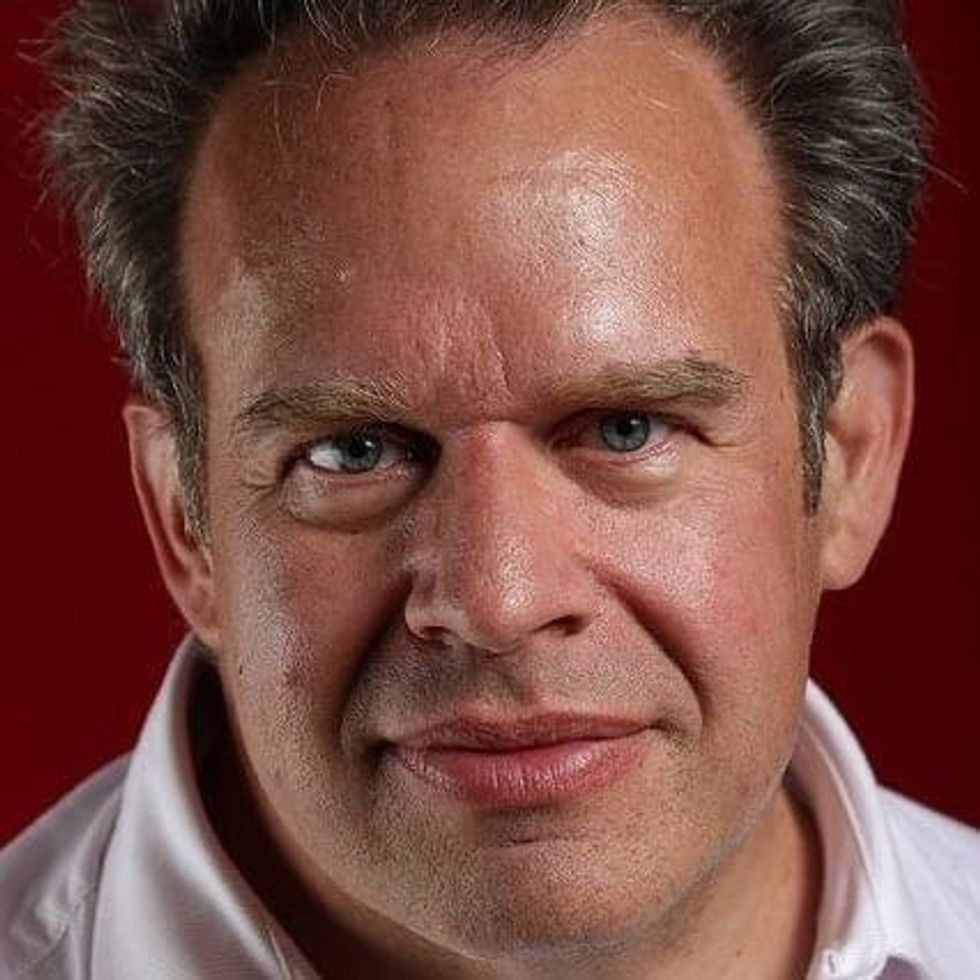
Christopher Bailey – Arts and Health Lead, World Health Organization

Elisabeth Bik, Ph.D. – Microbiologist and scientific integrity consultant
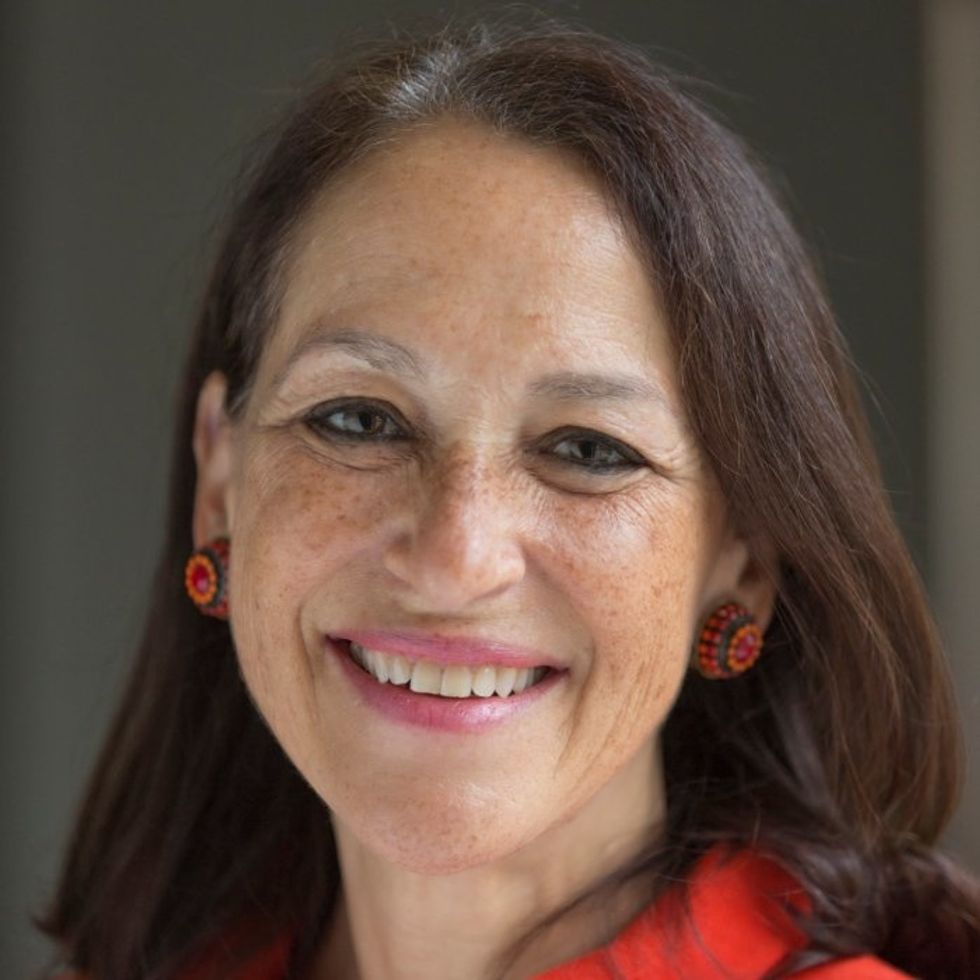
Margaret Hamburg, M.D. – Foreign Secretary, National Academy of Medicine; former Commissioner, U.S. Food and Drug Administration
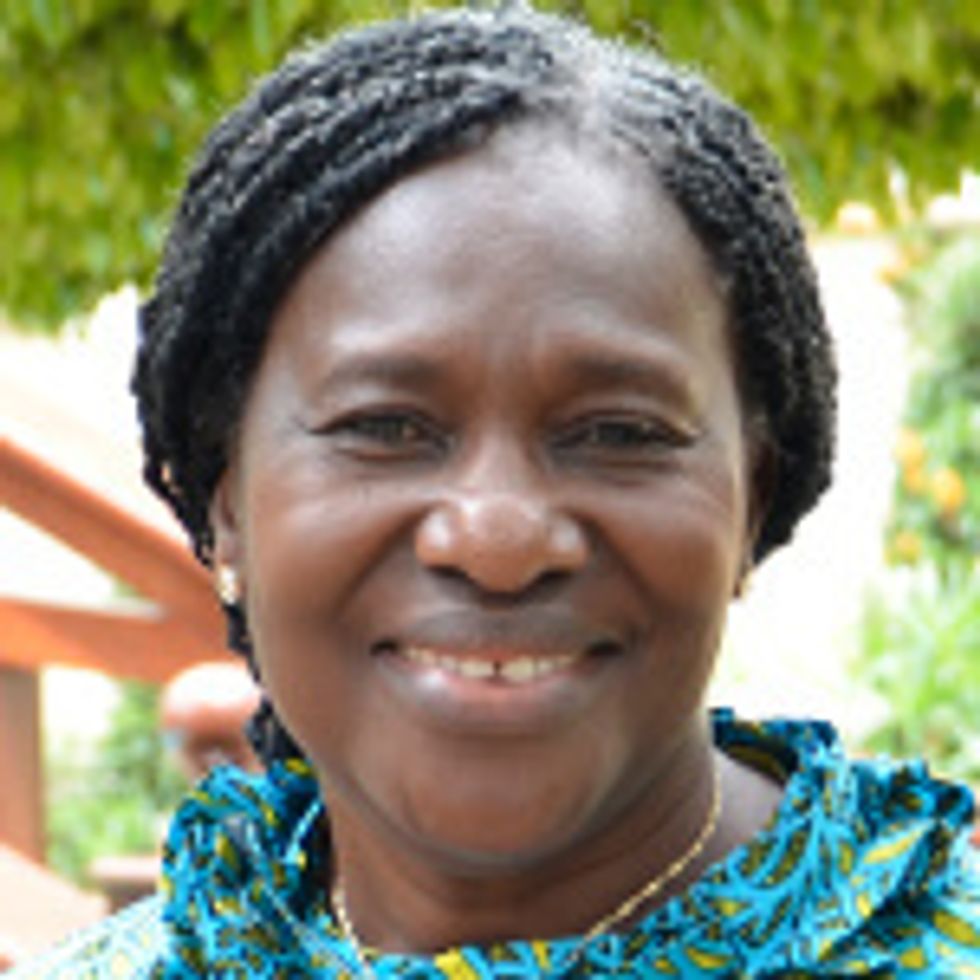
Peggy Oti-Boateng, Ph.D. – Director, Division of Science Policy and Capacity- Building, UNESCO
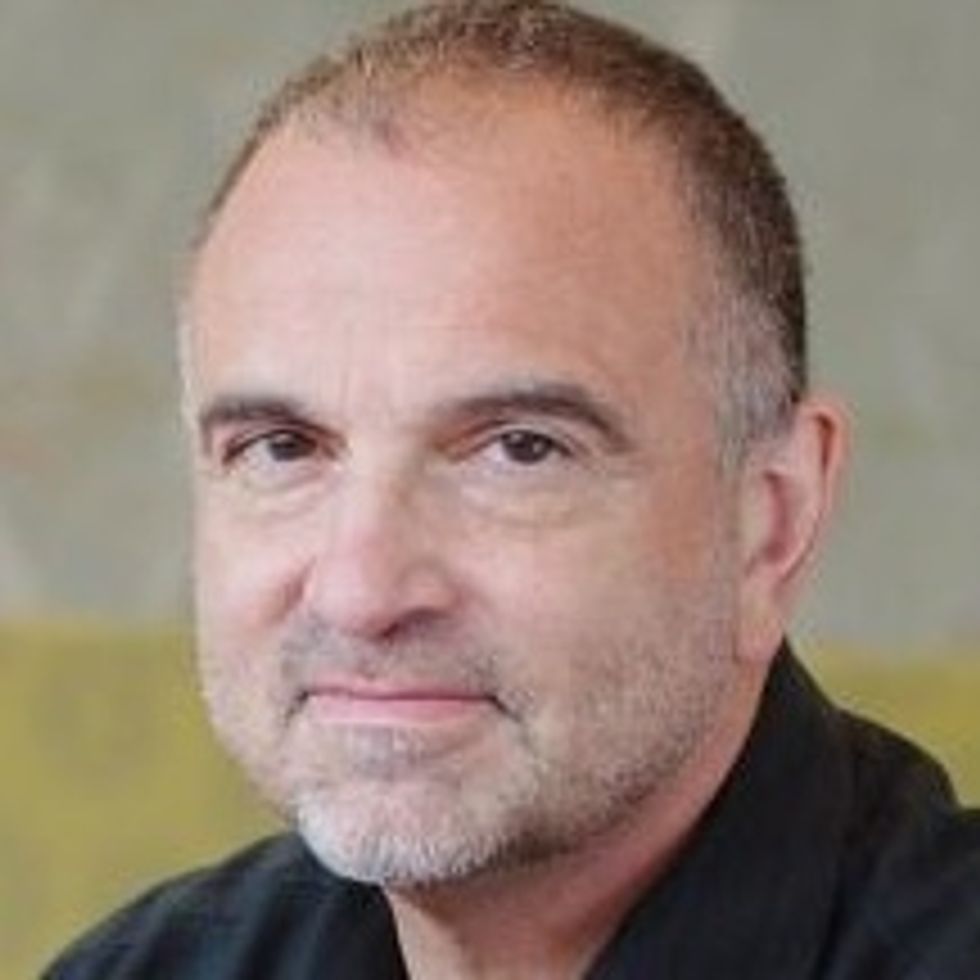
George Yancopoulos, M.D., Ph.D. – President and Chief Scientific Officer, Regeneron Pharmaceuticals
Kira Peikoff was the editor-in-chief of Leaps.org from 2017 to 2021. As a journalist, her work has appeared in The New York Times, Newsweek, Nautilus, Popular Mechanics, The New York Academy of Sciences, and other outlets. She is also the author of four suspense novels that explore controversial issues arising from scientific innovation: Living Proof, No Time to Die, Die Again Tomorrow, and Mother Knows Best. Peikoff holds a B.A. in Journalism from New York University and an M.S. in Bioethics from Columbia University. She lives in New Jersey with her husband and two young sons. Follow her on Twitter @KiraPeikoff.
Two Conservative Icons Gave Opposite Advice on COVID-19. Those Misinformed Died in Higher Numbers, New Study Reports.
Sean Hannity (left) and Tucker Carlson each told their audience opposite information about the threat of COVID-19, with serious consequences for those misinformed.
The news sources that you consume can kill you - or save you. That's the fundamental insight of a powerful new study about the impact of watching either Sean Hannity's news show Hannity or Tucker Carlson's Tucker Carlson Tonight. One saved lives and the other resulted in more deaths, due to how each host covered COVID-19.
Carlson took the threat of COVID-19 seriously early on, more so than most media figures on the right or left.
This research illustrates the danger of falling for health-related misinformation due to judgment errors known as cognitive biases. These dangerous mental blindspots stem from the fact that our gut reactions evolved for the ancient savanna environment, not the modern world; yet the vast majority of advice on decision making is to "go with your gut," despite the fact that doing so leads to so many disastrous outcomes. These mental blind spots impact all areas of our life, from health to politics and even shopping, as a survey by a comparison purchasing website reveals. We need to be wary of cognitive biases in order to survive and thrive during this pandemic.
Sean Hannity vs. Tucker Carlson Coverage of COVID-19
Hannity and Tucker Carlson Tonight are the top two U.S. cable news shows, both on Fox News. Hannity and Carlson share very similar ideological profiles and have similar viewership demographics: older adults who lean conservative.
One notable difference, however, relates to how both approached coverage of COVID-19, especially in February and early March 2020. Researchers at the Becker Friedman Institute for Economics at the University of Chicago decided to study the health consequences of this difference.
Carlson took the threat of COVID-19 seriously early on, more so than most media figures on the right or left. Already on January 28, way earlier than most, Carlson spent a significant part of his show highlighting the serious dangers of a global pandemic. He continued his warnings throughout February. On February 25, Carlson told his viewers: "In this country, more than a million would die."
By contrast, Hannity was one of the Fox News hosts who took a more extreme position in downplaying COVID-19, frequently comparing it to the flu. On February 27, he said "And today, thankfully, zero people in the United States of America have died from the coronavirus. Zero. Now, let's put this in perspective. In 2017, 61,000 people in this country died from influenza, the flu. Common flu." Moreover, Hannity explicitly politicized COVID-19, claiming that "[Democrats] are now using the natural fear of a virus as a political weapon. And we have all the evidence to prove it, a shameful politicizing, weaponizing of, yes, the coronavirus."
However, after President Donald Trump declared COVID-19 a national emergency in mid-March, Hannity -- and other Fox News hosts -- changed their tune to align more with Carlson's, acknowledging the serious dangers of the virus.
The Behavior and Health Consequences
The Becker Friedman Institute researchers investigated whether the difference in coverage impacted behaviors. They conducted a nationally representative survey of over 1,000 people who watch Fox News at least once a week, evaluating both viewership and behavior changes in response to the pandemic, such as social distancing and improving hygiene.
Next, the study compared people's behavior changes to viewing patterns. The researchers found that "viewers of Hannity changed their behavior five days later than viewers of other shows, while viewers of Tucker Carlson Tonight changed their behavior three days earlier than viewers of other shows." The statistical difference was more than enough to demonstrate significance; in other words, it was extremely unlikely to occur by chance -- so unlikely as to be negligible.
Did these behavior changes lead to grave consequences? Indeed.
The paper compared the popularity of each show in specific counties to data on COVID-19 infections and deaths. Controlling for a wide variety of potential confounding variables, the study found that areas of the country where Hannity is more popular had more cases and deaths two weeks later, the time that it would take for the virus to start manifesting itself. By March 21st, the researchers found, there were 11 percent more deaths among Hannity's viewership than among Carlson's, again with a high degree of statistical significance.
The study's authors concluded: "Our findings indicate that provision of misinformation in the early stages of a pandemic can have important consequences for health outcomes."
Such outcomes stem from excessive trust that our minds tend to give those we see as having authority, even if they don't possess expertise in the relevant subject era.
Cognitive Biases and COVID-19 Misinformation
It's critically important to recognize that the study's authors did not seek to score any ideological points, given the broadly similar ideological profiles of the two hosts. The researchers simply explored the impact of accurate and inaccurate information about COVID-19 on the viewership. Clearly, the false information had deadly consequences.
Such outcomes stem from excessive trust that our minds tend to give those we see as having authority, even if they don't possess expertise in the relevant subject era -- such as media figures that we follow. This excessive trust - and consequent obedience - is called the "authority bias."
A related mental pattern is called "emotional contagion," in which we are unwittingly infected with the emotions of those we see as leaders. Emotions can motivate action even in the absence of formal authority, and are particularly important for those with informal authority, including thought leaders like Carlson and Hannity.
Thus, Hannity telling his audience that Democrats used anxiety about the virus as a political weapon led his audience to reject fears of COVID-19, even though such a reaction and consequent behavioral changes were the right response. Carlson's emphasis on the deadly nature of this illness motivated his audience to take appropriate precautions.
Authority bias and emotional contagion facilitate the spread of misinformation and its dangers, at least when we don't take the steps necessary to figure out the facts. Such steps can range from following best fact-checking practices to getting your information from news sources that commit publicly to being held accountable for truthfulness. Remember, the more important and impactful such information may be for your life, the more important it is to take the time to evaluate it accurately to help you make the best decisions.

